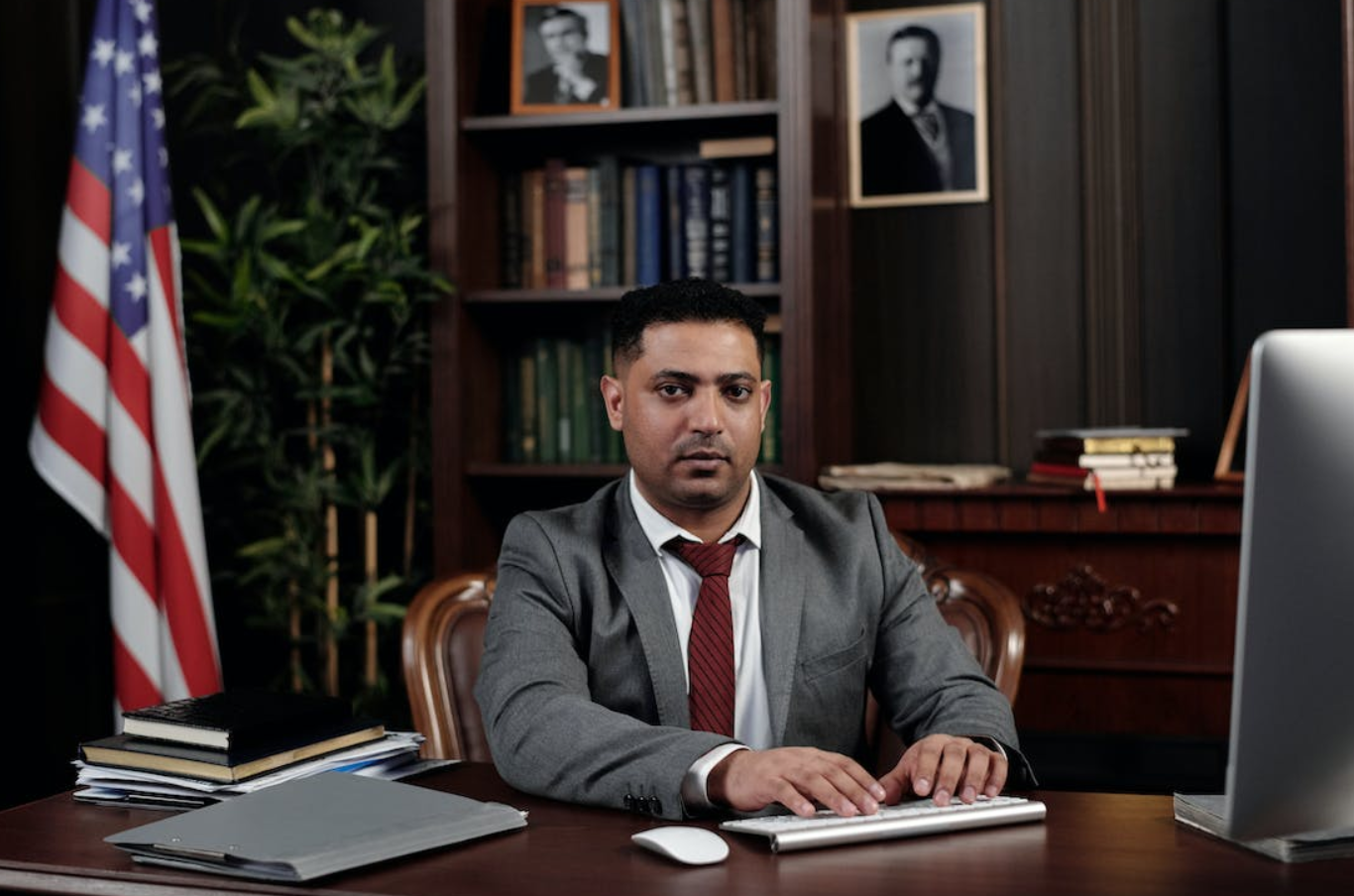Finding the right criminal lawyer hinges on asking crucial questions. Inquire about their trial experience and success rates to gauge their effectiveness.
If you are accused of any crime, getting help from a criminal lawyer is important. They help you navigate the intricacies of your criminal charge. So, you can easily deal with the legal and non-legal consequences.
However, to ensure you get the best attorney, there are a few questions you must ask about them before hiring. This ensures that your case is in safe hands, especially in a city like Fort Worth.
The 13th-most populous city in the US, Fort Worth, has lots of things to see and do. But the city has its fair share of crimes as well. There were over 4,000 violent crimes and 25,000 property-related crimes reported in the year 2022. These numbers show a need to understand the criminal law in Fort Worth. If you happen to be accused of a crime, consider seeking the help of experienced Fort Worth criminal defense attorneys.
Questions to Ask Your Criminal Lawyer
Is a free consultation available?
It is crucial to inquire about the availability of a free initial consultation when seeking a criminal lawyer. This opportunity allows you to discuss your case, understand the lawyer’s approach, and assess whether they are the right fit for your legal needs.
A free consultation not only provides valuable insights into your case’s potential strategies but also allows you to gauge the lawyer’s expertise and communication style.
Does your practice focus on criminal law?
When selecting a criminal lawyer, it is essential to inquire about their practice focus. Opting for a lawyer whose primary focus is criminal law ensures specialized knowledge and experience in handling cases similar to yours.
You’d want someone well-versed in the intricacies of criminal defense. This ensures that your lawyer has relevant statutes to navigate courtroom procedures.
Have you handled cases like mine before?
An essential question to pose to a potential criminal lawyer is whether they have experience handling cases similar to yours.
Inquiring about their past cases allows you to gauge their familiarity with the legal intricacies specific to your situation. A lawyer with a track record of successfully navigating cases similar to yours is better equipped to anticipate challenges. This helps them strategize everything effectively and provide you with the best guidance.
What is your fee?

Understanding the fees associated with your representation is a crucial aspect of hiring a criminal lawyer.
You should inquire about their fee structure, whether it’s an hourly rate, a flat fee, or contingent on the outcome of the case.
In addition, clarify what services are covered within the fee and inquire about any additional costs that may arise during the legal process.
How often do your cases go to trial?
It’s crucial to ask a potential criminal lawyer about the frequency of their cases going to trial. You should comprehend their approach to trials and get insight into their negotiation skills and willingness to pursue litigation when necessary.
You want to ensure that the lawyer is prepared to go to trial if it’s in your best interest. Thus, balancing effective negotiation with a readiness for courtroom proceedings.
What is your success rate?
Inquiring about a lawyer’s success rate is essential for evaluating their track record. Ask about their past outcomes to gauge their effectiveness in securing favorable results for clients. Remember, understanding the lawyer’s history of achieving positive resolutions provides confidence in their ability to navigate your case successfully.
Conclusion
Finding the right criminal lawyer hinges on asking crucial questions. Inquire about their trial experience and success rates to gauge their effectiveness.
Understanding their approach ensures that they are a strategic fit for your case. Equally important is transparency about fees. By making informed decisions, you not only secure legal expertise but also become a committed ally in navigating the intricacies of your legal journey.


Join the conversation!